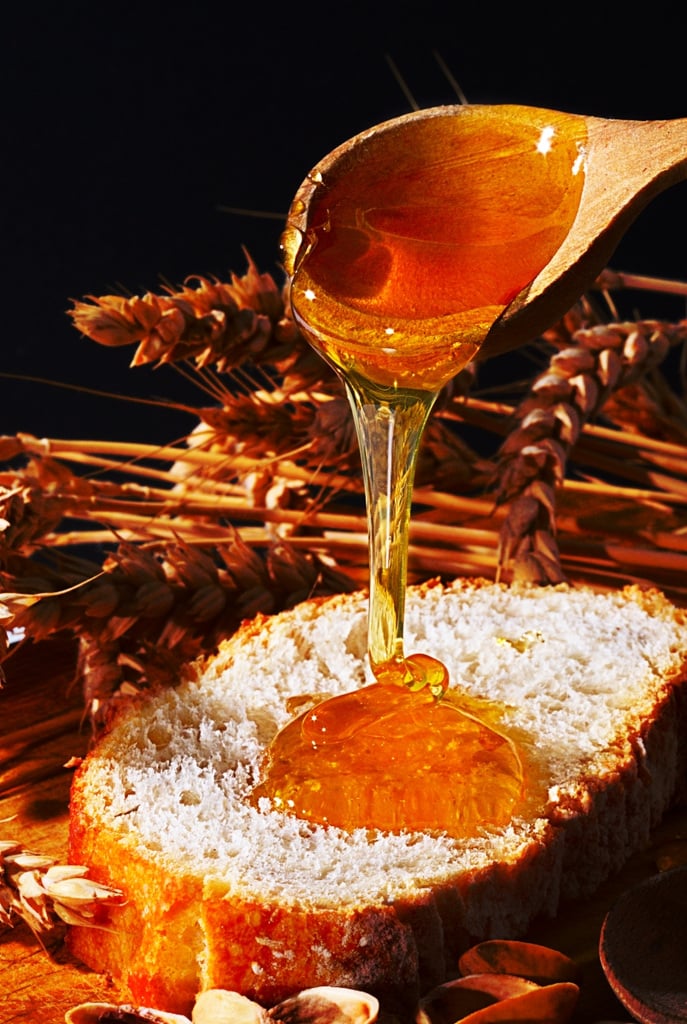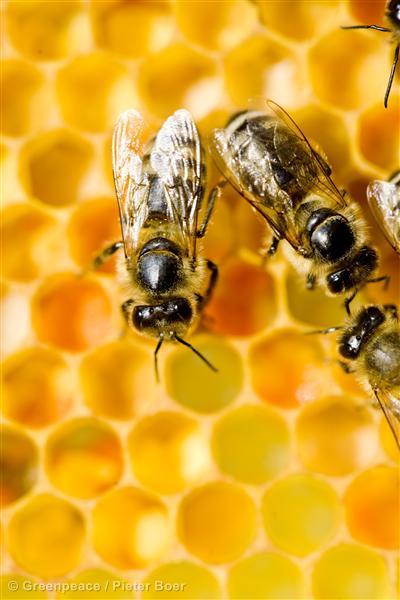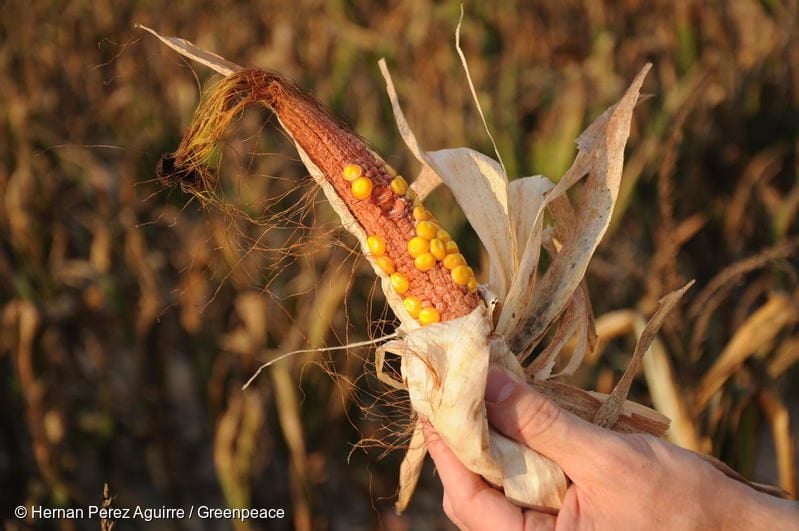
If you thought bees were only good for painful stings and teaching youngsters about reproduction (along with the birds), think again. Bees are incredibly valuable to our species and our planet in ways you may not expect.
In honor of National Honeybee Day this Friday, we’ve dedicated this week’s EnvironmentaLIST to the noble insect.
They are also in big trouble due to habitat invasion, climate change and harmful insecticides like neonicotinoids. Take action now to save one of our most important species.
5. They can help fight cancer
A team writing in the Journal of the Science of Food and Agriculture recently found that bee products, including honey, bee venom and royal jelly, were effective in reducing the growth and spread of cancerous tumors.
4. Bees can predict storms
These amazing insects use Earth’s magnetic field to navigate (wait. what?), but these electromagnetic waves also warn bees of an oncoming thunderstorm. So the next time you notice no bees buzzing around and none hovering around the flowerbeds, grab your umbrella.
3. They gives us that sweet, stick substance.
Do you want to live in a world without honey? On top of being delicious drizzled over just about anything, honey also has medicinal and antibacterial uses andnever goes bad.

2. They pollinate a third of our food.
That’s right. One out of every three bites you put in your mouth was pollinated by honeybees. In addition to pollinating crops such as apples, almonds, broccoli strawberries, cucumbers and cotton, bees also pollinate alfalfa seeds which are used for beef and dairy feed.
1. Bees keep the global economy buzzing.
Bees are responsible for pollinating $15 billion worth of just US crops and 200 million pounds of UK crops. This makes their contribution to the agricultural economy, and thus the global economy, pretty significant.
In fact, one study claims the global economic loss if bees disappeared would be $5.7 billion annually.
Two representatives in Congress are taking the rapid decline of bee populations very seriously, and have introduced “Save America’s Pollinator’s Act” to suspend the use ofneonicotinoids immediately.
The European Union recently passed a two-year ban on these pesticides, often compared to DDT, and it’s time for the US to do the same if we have interest in eating fruits and vegetables.





